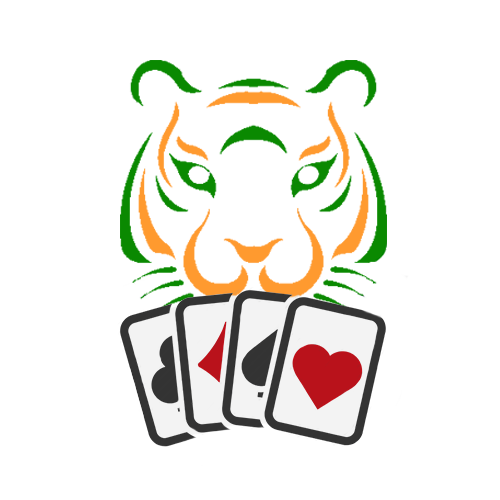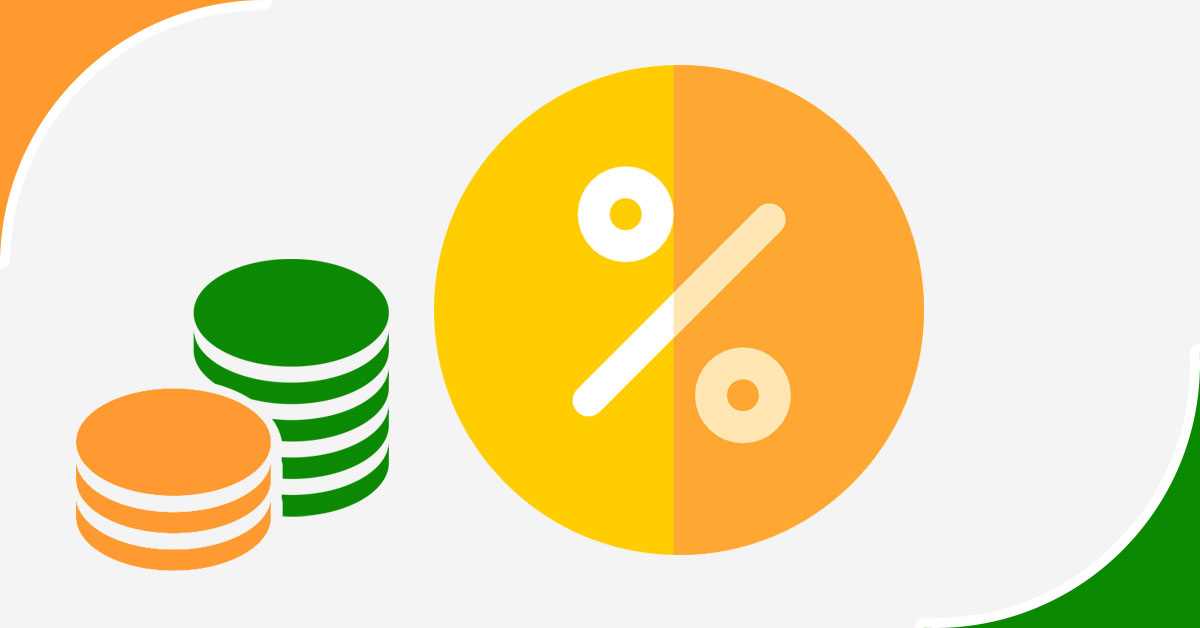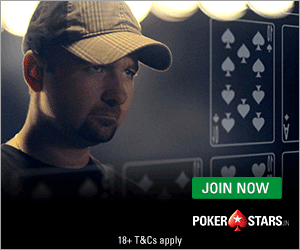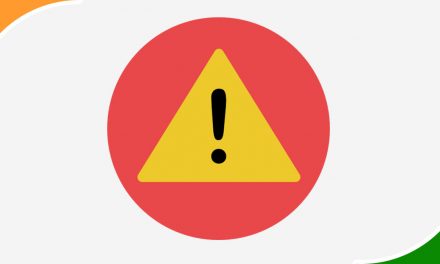One of the most thrilling moment in poker is then you claim out loud that your opponent has a given hand and it turns out to be right. That’s great, isn’t it?
Not really. Likely, it’s just luck with a small cut of gut feeling. One of the most common mistakes, in fact, is claiming that a player is holding exactly a hand and then take decisions based on this reckless consideration.
E.g. you have raised preflop with AT and the flop hits Ad-8d-6c; you bet, your opponent raises and you 3bet all in just because you think he surely has a flush draw.
Does this situation sound familiar? If so, it’s better change your approach to the game.
Why ranges are important
With no crystal ball or superpowers in play around the green table, there are almost no ways to guess correctly a specific hand during a poker game. Most important, it is merely useless. Only the ranges do count and yes, they do include the very hand that you forecasted, but more broadly they include a bunch of hands you might end having good or bad odds against, on average.
Generally speaking, when you are trying to put your opponent on a hand, you are actually thinking about ranges. In the example above, surely he might have a diamond draw, but he also might have a two-pairs, a set, a worse or a better kicker for the Ace and so on.
If you run the math including all the combos he might hold, you get the odds and you can decide if your top pair kicker T is playing good enough against that range to call or not the all in.
Ranges: the psychology behind a hand
Another relevant aspect lies in the psychology behind a hand. If you are running particularly good, you might not notice how fast your brain works for putting in your opponents’ hands exactly the combos you can beat in a given spot.
On the other hand, if you are having tough times, every time an Ace come on the flop and you hold QQ, suddenly you decide your opponent holds Ax type of hands. Do not let yourself influenced by the run and by the cards, just reason with a cool mind in term of ranges and try to get the most – statistically – out of a spot.
Perceived range
There are situation, though, where the range is so narrow that you are actually guessing right about a hand. If a supernit player (find there the labels you can give to them!) 4bets preflop, is absolutely sure he has KK+ and playing with QQ is a mistake.
On the other hand, you can use it at your advantage, because if your perceived range in a given spot is very narrow, you can execute successfully a bluff and take the pot.
In conclusion, never ever decide a player has XX in hand because if you are right it’s just luck, but if you are wrong there are lots of missed opportunities underneath to be discovered.






